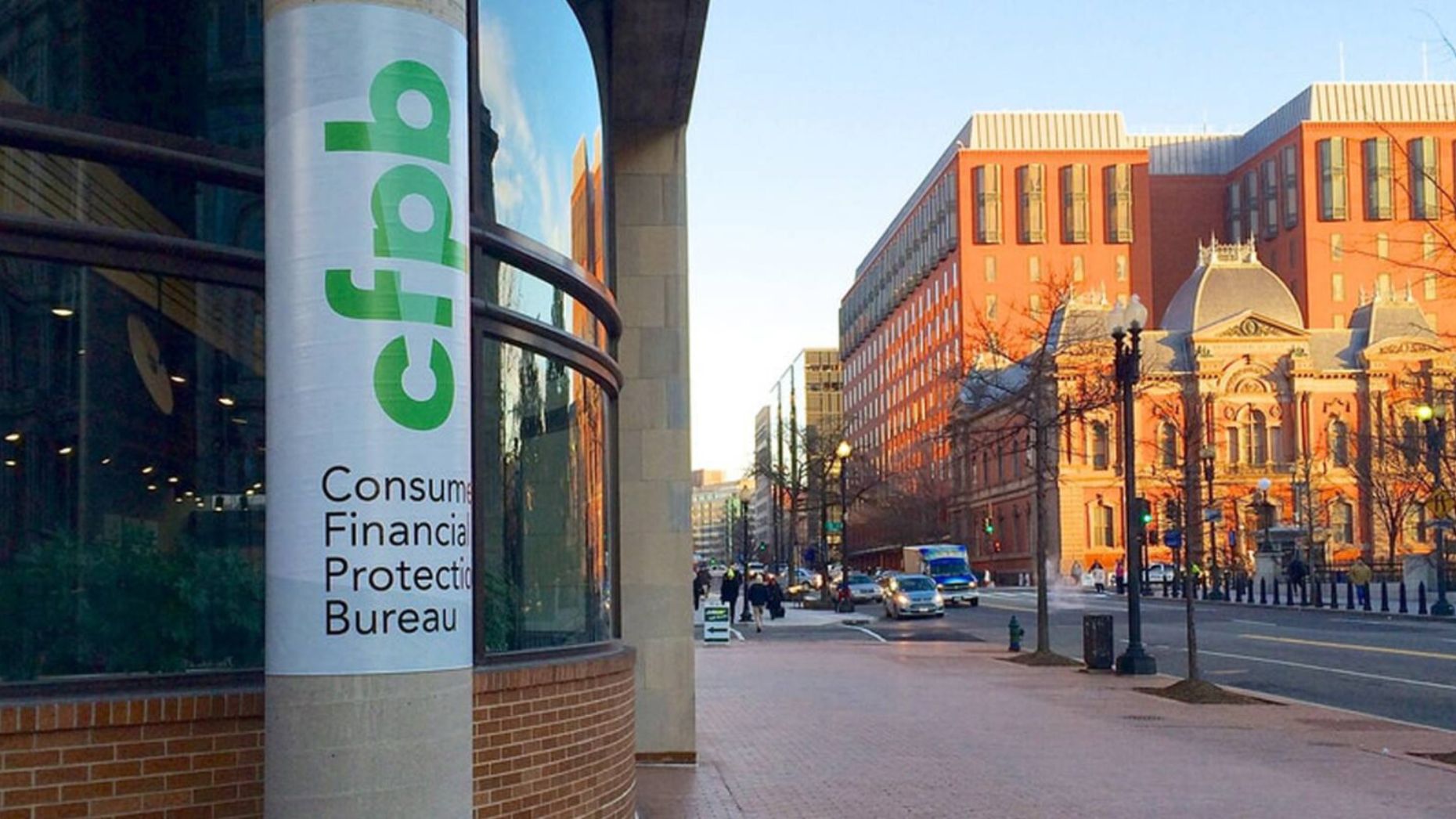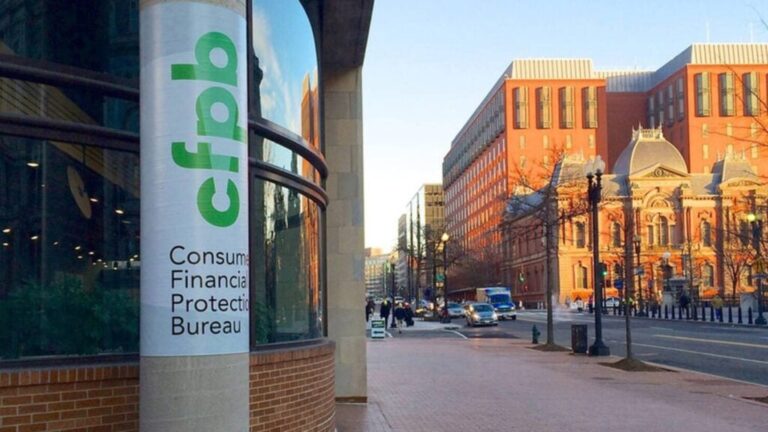
Judge declines to reopen case and vacate settlement with Chicago mortgage broker Townstone Financial, calling the request “a Pandora’s box the court refuses to open.”
Bigger. Better. Bolder. Inman Connect is heading to San Diego. Join thousands of real estate pros, connect with the Inman Community, and gain insights from hundreds of leading minds shaping the industry. If you’re ready to grow your business and invest in yourself, this is where you need to be. Go BIG in San Diego!
A federal district judge Thursday rejected the Consumer Financial Protection Bureau’s request to undo a settlement it reached last year in a fair lending case involving Chicago mortgage broker Townstone Financial, which the Trump administration had maintained was targeted because of the owner’s political views.
Townstone was accused in July 2020 of discouraging Black residents from applying for loans on an AM radio show and podcasts. But an internal review of the case determined that the CFPB “abused its power” in pursuing the case order to “further the goal of mandating DEI in lending,” Office of Management and Budget Director Russell Vought claimed in March.
Fair housing and consumer protection groups opposing the move in court said the CFPB’s request to undo the settlement was “unprecedented” and would establish a “dangerous and destabilizing precedent” if granted.
The groups — including the National Fair Housing Alliance, the American Civil Liberties Union, the Consumer Federation of America and the National Consumer Law Center — were granted standing to file an amicus brief after the CFPB essentially switched sides in the case against Townstone.
The judge who presided over the case, U.S. District Judge Franklin Valderrama, declined to reopen the case and vacate the CFPB’s $105,000 settlement with Townstone Financial, agreeing that it “would erode public confidence in the finality of judgments.”
Granting the CFPB’s motion “would set a precedent suggesting that a new administration could seek to vacate or otherwise nullify the voluntary resolution of a case between a prior administration (or the same administration, but under different agency leadership) and a private party merely because its leadership thought the original litigation unwise or improperly motivated,” Valderrama wrote in his June 12 order. “That is a Pandora’s box the Court refuses to open.”
Valderrama agreed that “it is impermissible for government agencies to target people or entities because of protected speech,” but noted that the issue was never adjudicated in court.
In pursuing its case against Townstone Financial, the CFPB maintained that the speech in question was not protected by the First Amendment because it was advertising. But neither the trial court or an appeals court weighed in on the First Amendment issues in the case.
Vought and his top deputy at OMB, Dan Bishop, are leading the Trump administration’s efforts to downsize the CFPB, with Vought serving a dual role as the CFPB’s acting director.
At an April 30 cabinet meeting, Vought told President Trump that the CFPB — which brought its case against Townstone and its president and CEO, Barry Sturner, during the first Trump administration — had “ruined [Sturner’s] life.”
The CFPB “had gone after” Sturner “because he complained about crime in Chicago, literally the same thing that the Democrat mayor had talked about,” Vought told Trump.
“We apologized on your behalf to that individual, and we basically, without having to go through notice and comment, we ended the policy that set that [case] in motion,” Vought said, referring to an April 23 executive order prohibiting federal agencies from pursuing cases based on unintentional “disparate impacts” to borrowers.
In a 2020 complaint, the CFPB maintained that statements made by hosts of the company’s AM radio call-in show and podcasts discouraged prospective Black applicants from applying for mortgages, violating the Equal Credit Opportunity Act (ECOA).
In a 2016 episode, for example, Sturner allegedly said that between Friday and Monday, it’s “hoodlum weekend” on the South Side of Chicago, and that police are “the only ones between that turning into a real war zone and keeping it where it’s kind of at.”
Townstone generated up to 90 percent of its mortgage applications from radio advertising, the CFPB said, and Black applicants accounted for only 1.4 percent of the 2,700 mortgage requests fielded by the lender in the Chicago market. That compares to 9.8 percent of applications taken by its competitors.
In seeking to overturn the settlement, the Trump administration argued that the CFPB had engaged in a “flagrant misuse of government resources” by employing an audio analytics mining software app, Nexidia, to comb through more than 78 hours of AM radio programs and podcasts published by Townstone on social media.
The CFPB’s attempt to vacate the Townstone settlement and at least four others has prompted other companies to seek similar deals, Bloomberg Law reported Friday.
The acting director of the CFPB’s enforcement division, Cara Petersen, resigned Tuesday, saying in a farewell email that “the bureau’s current leadership has no intention to enforce the law in any meaningful way.”
“Companies lining up to get backroom deals from the CFPB should be embarrassed,” Petersen’s predecessor at the CFPB, Eric Halperin, told Bloomberg law.
Get Inman’s Mortgage Brief Newsletter delivered right to your inbox. A weekly roundup of all the biggest news in the world of mortgages and closings delivered every Wednesday. Click here to subscribe.
Email Matt Carter


